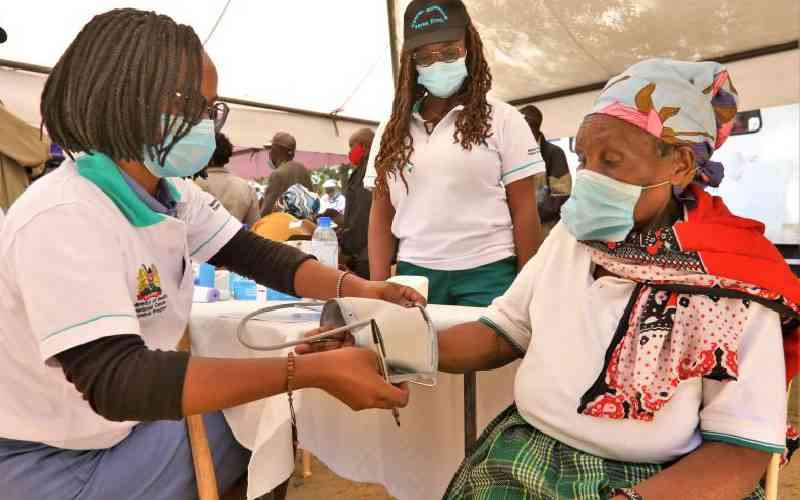×
The Standard e-Paper
Smart Minds Choose Us

To many people, looking at cervical cancer numbers might feel like staring at an old billboard: they have seen them so many times that they have become unbothered by them.
However, the death of veteran broadcaster Catherine Kasavuli after a cervical cancer diagnosis placed a public spotlight on the disease shocked many out of that numbed state.